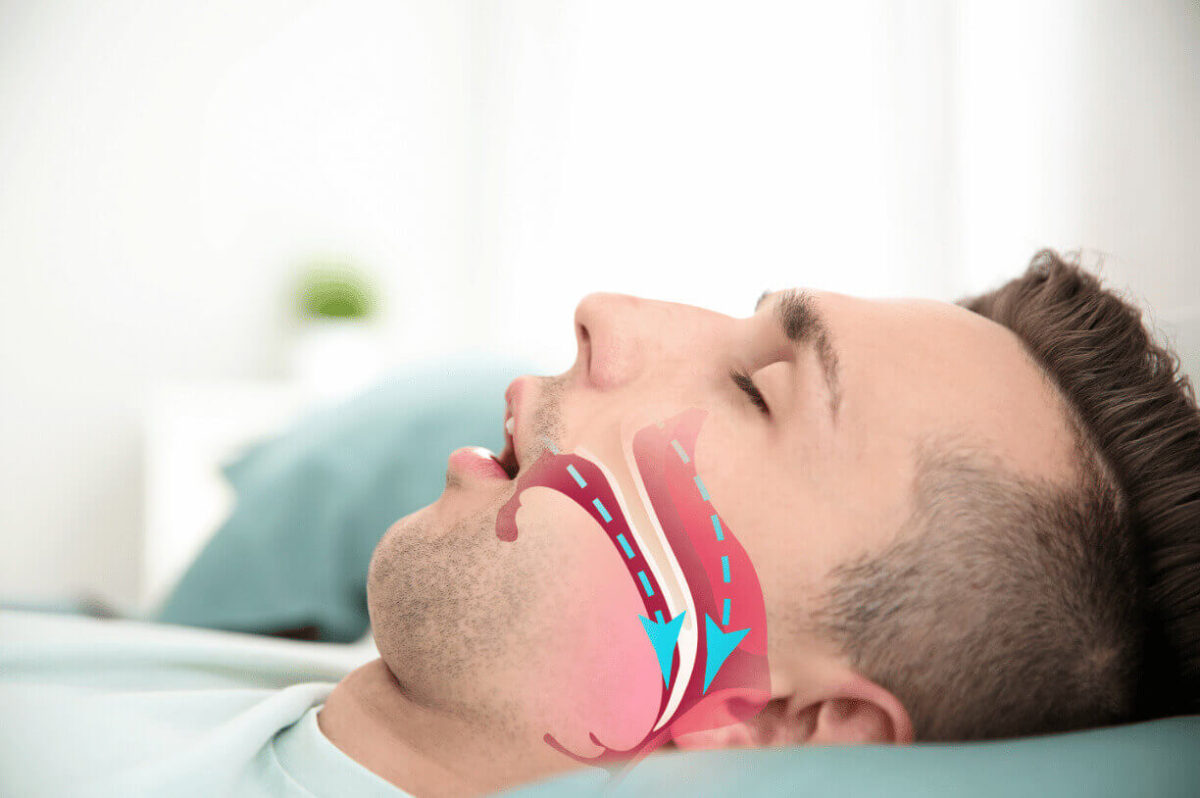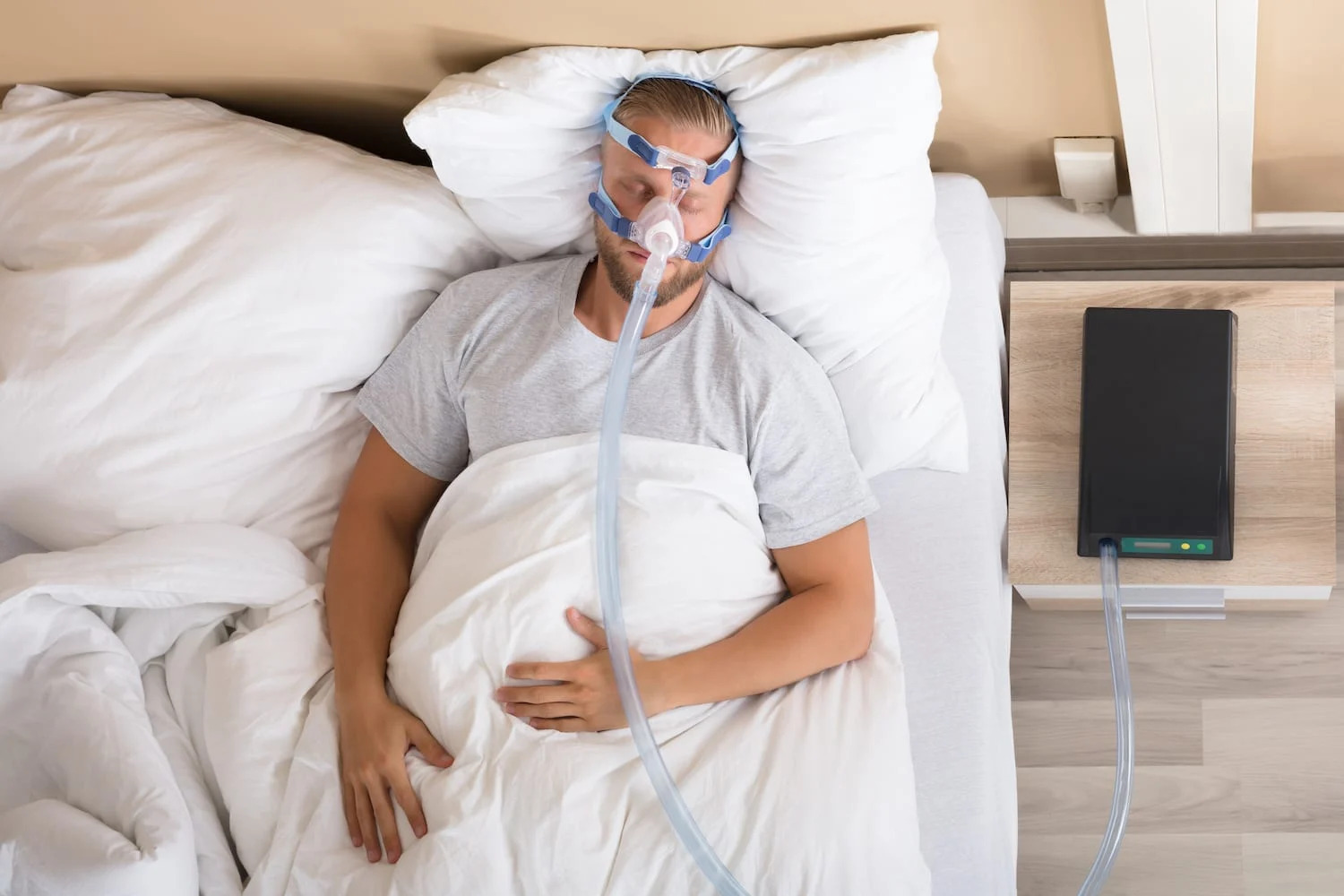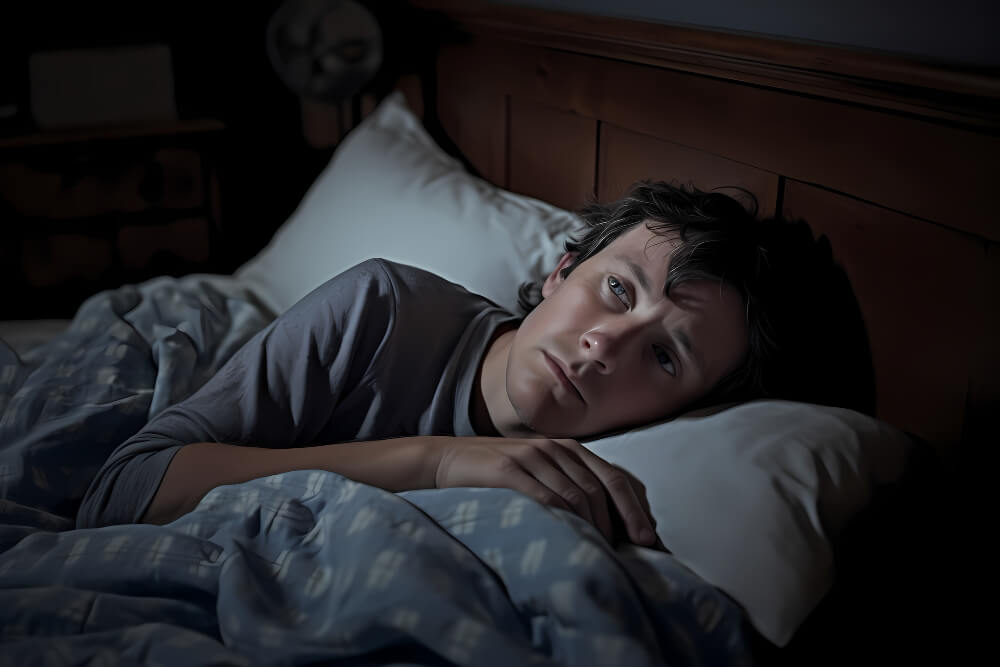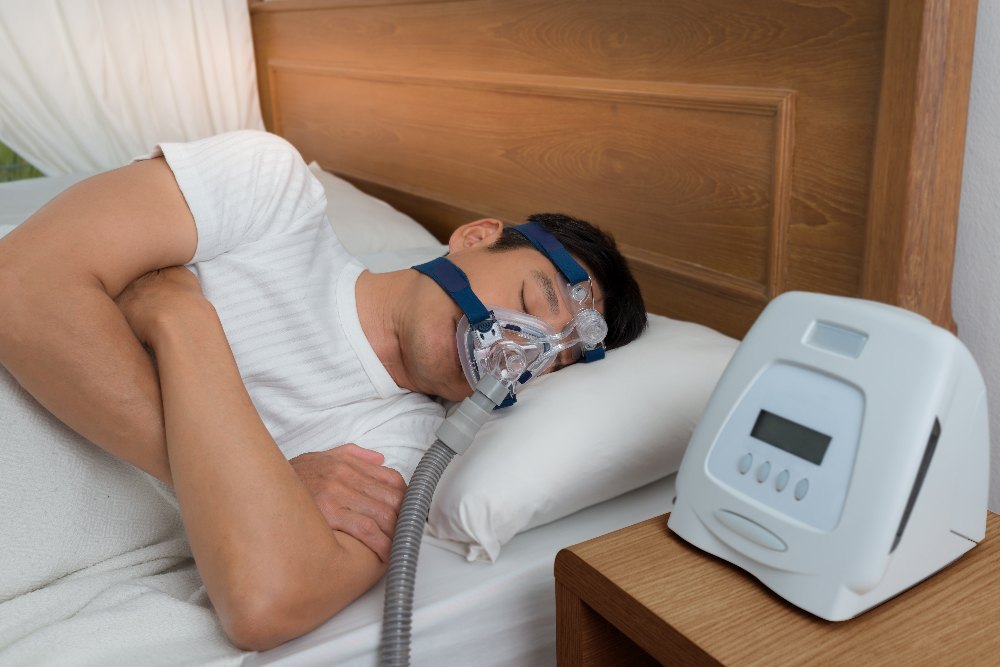Navigating Narcolepsy: Understanding Symptoms and Exploring Treatment Options
Narcolepsy is a complex sleep disorder that affects millions of people worldwide. In this comprehensive guide, we delve into the intricacies of narcolepsy, examining its symptoms, causes, and various treatment options. From understanding the daily challenges faced by those with narcolepsy to exploring the latest medical advancements, this article aims to provide a thorough overview of the condition.
Unveiling Narcolepsy – A Closer Look at Symptoms
Narcolepsy, often misunderstood and misdiagnosed, is a neurological disorder that impacts the brain’s ability to regulate sleep-wake cycles. Individuals with narcolepsy experience a range of symptoms, each presenting its own set of challenges.
The Core Symptoms of Narcolepsy
- Excessive Daytime Sleepiness (EDS): At the heart of narcolepsy is the pervasive feeling of excessive sleepiness during waking hours. This constant fatigue can interfere with daily activities, affecting work, relationships, and overall quality of life.
- Cataplexy: A unique symptom of narcolepsy, cataplexy involves sudden muscle weakness or paralysis triggered by strong emotions such as laughter, surprise, or anger. Understanding and managing cataplexy is crucial for individuals with narcolepsy.
- Sleep Paralysis: Narcoleptic individuals may experience a temporary inability to move or speak while falling asleep or waking up. Sleep paralysis can be frightening, and exploring coping strategies is essential.
- Hypnagogic and Hypnopompic Hallucinations: Vivid, dream-like hallucinations can occur during the transition between wakefulness and sleep. Recognizing and addressing these hallucinations is integral to managing narcolepsy effectively.
Unraveling the Causes of Narcolepsy
Narcolepsy is believed to result from a combination of genetic and environmental factors. Understanding the underlying causes can shed light on potential treatment approaches and preventive measures.
Genetics and Narcolepsy
Research indicates a genetic component in narcolepsy, with certain gene variations associated with an increased risk. Family history may play a role, and ongoing studies aim to unravel the genetic basis of this disorder.
Autoimmune Factors
An autoimmune response affecting the brain’s hypocretin-producing cells has been linked to narcolepsy. Hypocretin, a neurotransmitter that regulates wakefulness, is often deficient in individuals with narcolepsy, leading to disruptions in sleep-wake cycles.
Exploring Treatment Options for Narcolepsy
While there is no cure for narcolepsy, various treatment options can help manage symptoms and improve daily functioning. A personalized approach, often involving a combination of medications, lifestyle adjustments, and supportive therapies, is key.
Medications for Narcolepsy
- Stimulants: Drugs like modafinil and armodafinil help alleviate excessive daytime sleepiness by promoting wakefulness and alertness.
- Selective Serotonin and Norepinephrine Reuptake Inhibitors (SSNRIs): Venlafaxine and other SSNRIs may be prescribed to manage cataplexy and improve mood.
- Sodium Oxybate: Also known as gamma-hydroxybutyrate (GHB), this medication addresses both EDS and cataplexy and is usually taken at night.
Lifestyle Modifications for Narcolepsy Management
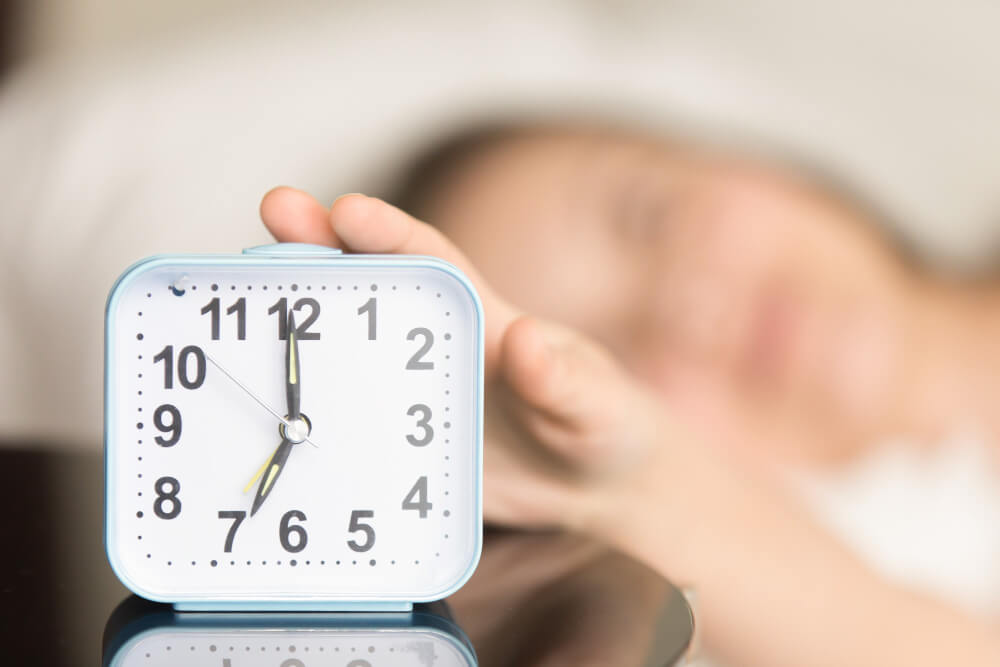
- Scheduled Naps: Strategic daytime napping can help combat excessive sleepiness and enhance overall alertness.
- Regular Sleep Schedule: Maintaining a consistent sleep routine, including a set bedtime and wake-up time, is crucial for managing narcolepsy symptoms.
- Mindfulness and Stress Management: Practices such as meditation and yoga can aid in reducing stress, which may exacerbate narcoleptic symptoms.
Supportive Therapies and Emerging Treatments
- Cognitive Behavioral Therapy (CBT): CBT can address sleep-related issues and improve coping mechanisms, helping individuals with narcolepsy navigate the emotional challenges associated with the disorder.
- Ongoing Research and Future Prospects: Exploring the latest advancements in narcolepsy research, including potential breakthroughs in hypocretin replacement therapy and other innovative approaches.
Conclusion:
In conclusion, narcolepsy is a multifaceted condition that requires a comprehensive and individualized approach to management. By understanding the symptoms, causes, and treatment options, individuals with narcolepsy, along with their healthcare providers, can work together to optimize their quality of life. Ongoing research offers hope for future advancements, promising a better understanding and more effective solutions for this challenging sleep disorder.


